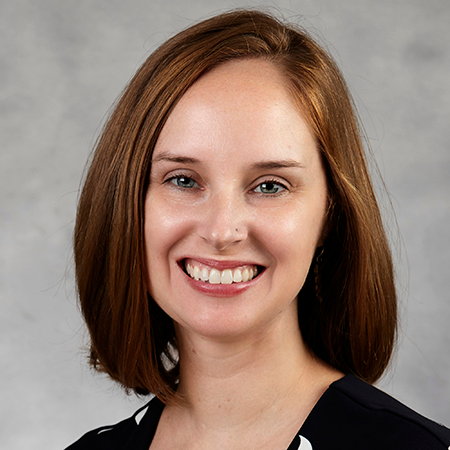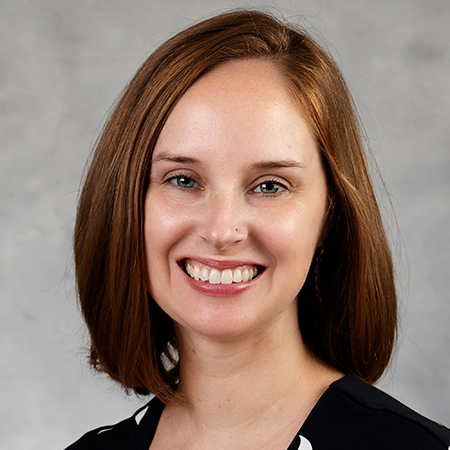
Jennifer Byrnes (On Sabbatical)
Associate Professor; Adjunct Associate Professor, UNLV School of Medicine
Biography
Jennifer Byrnes is a biological anthropologist with experience in both bioarchaeology and forensic anthropology. Within the field of bioarchaeology, she is interested in questions focusing on disability and impairment in past human groups, particularly within historical institutional contexts. In 2017, Springer published her co-edited volume, The Bioarchaeology of Impairment and Disability, which introduces nuanced and innovative perspectives on reading disability into the bio archaeological record. Her work has focused on injuries resulting from trauma and/or pathology that leave interpretable bony changes. By viewing these skeletal changes through a disability theory lens, discussions of frailty and resilience of people in the past is brought to the forefront creating a more holistic understanding of human biocultural interactions in the past.
Her research in the realm of forensic anthropology focuses on personal identification, such as radiographic comparison, as well as demographic trends within forensic anthropology casework. She is specifically interested in research focused on the reliability of positive identifications made using medical imaging comparisons. Her current research examines the Clark County Office of the Coroner/Medical Examiner’s forensic anthropology casework records to identify correlations between casework demographics and local public health problems, such as homelessness and mental illness. In 2022, Lexington published her co-edited volume, The Marginalized in Death: A Forensic Anthropology of Intersectional Identity in the Modern Era, which explores how and why people become forensic cases across a variety of contexts. This volume challenges forensic anthropologists to reflect how they can use our toolkit and databases to address larger social issues and quandaries that we face in a world where some are spared from becoming forensic anthropology cases and others are not.
Jennifer is a board certified forensic anthropologist (D-ABFA as of 2020) and a fellow of the American Academy of Forensic Sciences. She also is a member of the American Association of Biological Anthropologists and Paleopathology Association.
Education
2015: Ph.D., University at Buffalo, Department of Anthropology.
Research Interests
Biological anthropology, historical bioarchaeology, disability (social theory), paleopathology, trauma, skeletal biology, forensic anthropology, personal identification.
